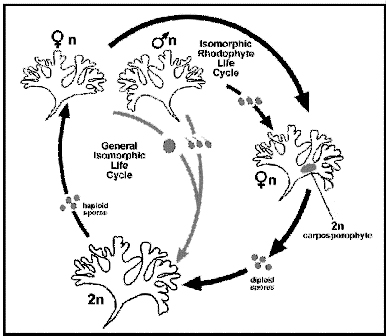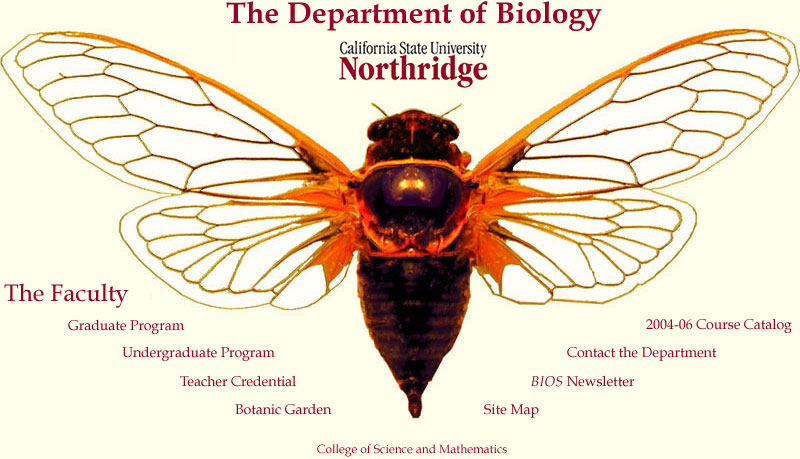|
Ecological and evolutionary theories emphasize explanation and advantages pertaining to organisms with life cycles consisting of a single free-living, sexually reproducing, diploid stage. Yet, relatively early-evolving multicellular eukaryots many of which display biphasic life cycles and frequent asexual reproduction are, ecologically speaking, among the most successful and vital organisms of the biosphere. My research interests and goals lie in contributing to the expansion of knowledge and current theory to better accommodate organisms with complex life cycles. I am increasingly interested in cyclical feedbacks between ecological environments that select for life history traits of organisms, whose evolution further modifies environments. In this context, marine algae are arguably under-appreciated, but nevertheless crucial to our understanding of some of the remaining fundamental questions of biology, as well as the functioning of natural systems past and present. As recent phylogenetic studies of the tree of life show, 'algae' are present in the majority of eukaryotic lineages formerly known as protists. These early-evolving eukaryots may have played a significant role in shaping the evolution of life cycles among later descendants, and studies of extant forms may provide insight in this regard. Our work on life cycle evolution consists of developing theoretical models that integrate morphological and anatomical constraints of organisms with their mode of development and life history traits, coupled to selective regimes in different environments to explain the diversity of extant eukaryotic life cycles.
|








